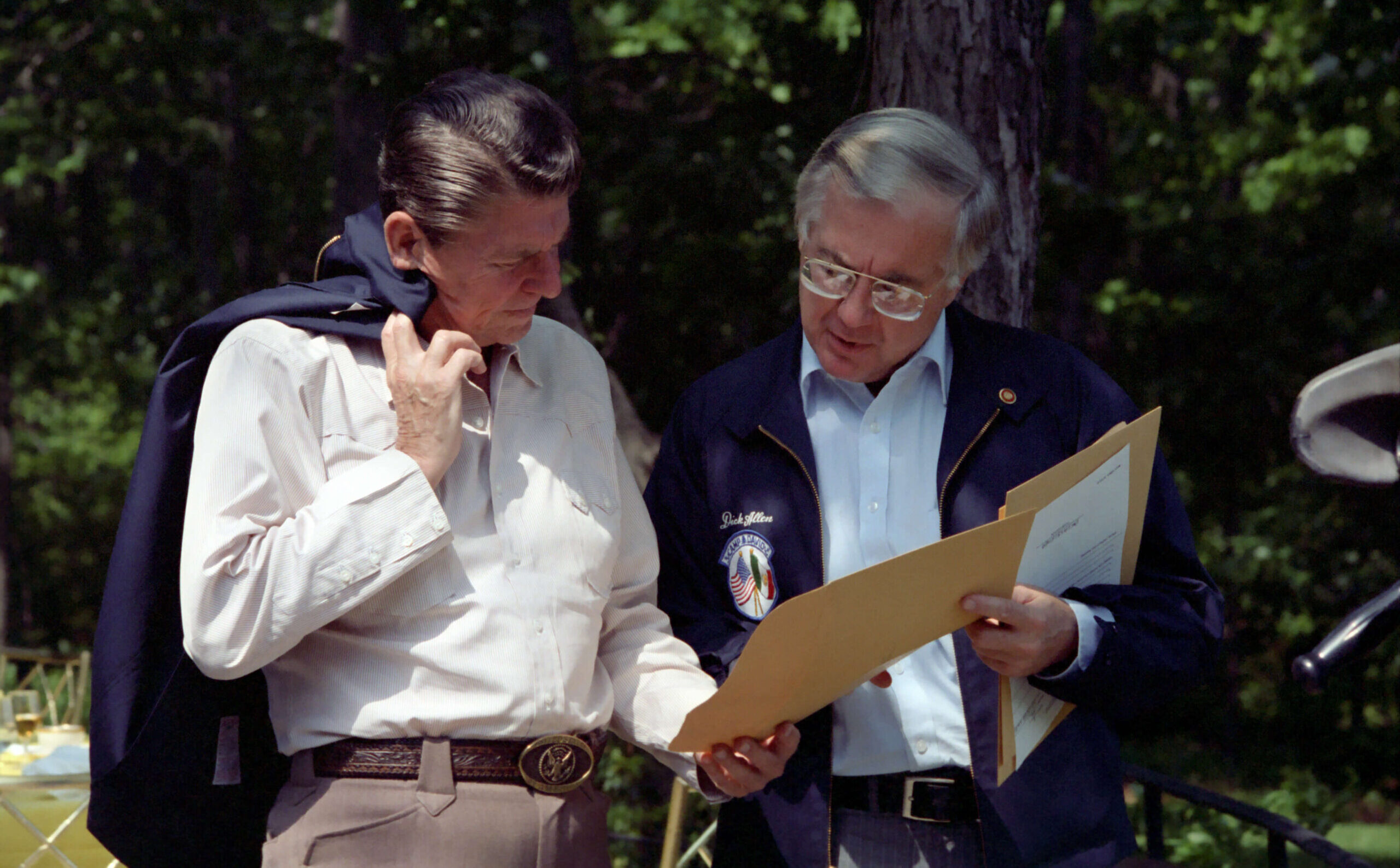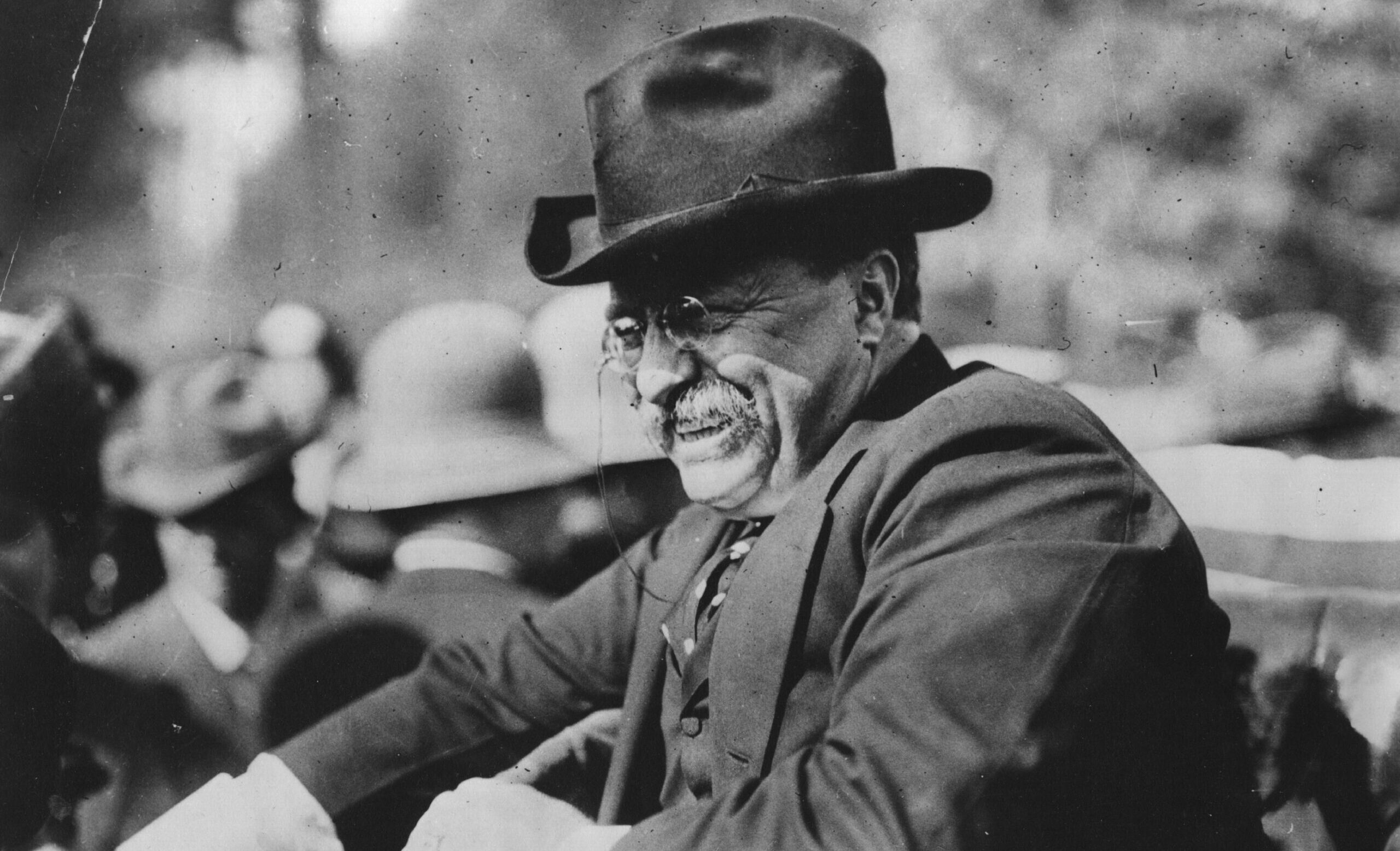Raised in Collingswood, New Jersey, Richard V. Allen attended the University of Notre Dame, where, working under the direction of Gerhart Niemeyer, he received both B.A. and M.A. degrees in international relations before working towards a doctorate at the Universities of Freiburg and Munich. An expert on international security, Allen was a member of the Intercollegiate Society of Individualists and Young Americans for Freedom and an assistant professor of international studies at Georgia Tech from 1961 to 1962. He also founded the Georgetown University Center for Strategic and International Studies.
Allen advised Richard Nixon’s presidential campaign in 1968 and served in the administration as assistant to National Security Advisor Henry Kissinger. He left the Nixon White House in 1969 and was appointed a senior fellow at the Hoover Institution at Stanford University. He advised Ronald Reagan during his 1976 and 1980 presidential campaigns and was named National Security Advisor to President Reagan, serving from January 1981 until January 1982. Allen resigned after being charged with allegations that he had in appropriately accepted a $1,000 check given by Japanese journalists to Nancy Reagan, but was cleared of any wrongdoing by the Justice Department.
Allen helped shape Reagan’s foreign policy. He advised candidate Reagan to join the Committee on the Present Danger and initiated meetings between Reagan and prominent “neoconservatives” like Jeane Kirkpatrick. While National Security Advisor, Allen took a hardline approach towards the Soviet Union, often conflicting with Secretary of State Alexander Haig’s more pragmatic approach.
Further Reading
Martin Anderson, Revolution
Lee Edwards, Educating for Liberty: The First Half-Century of the Intercollegiate Studies Institute
This entry was originally published in American Conservatism: An Encyclopedia, p. 21.














